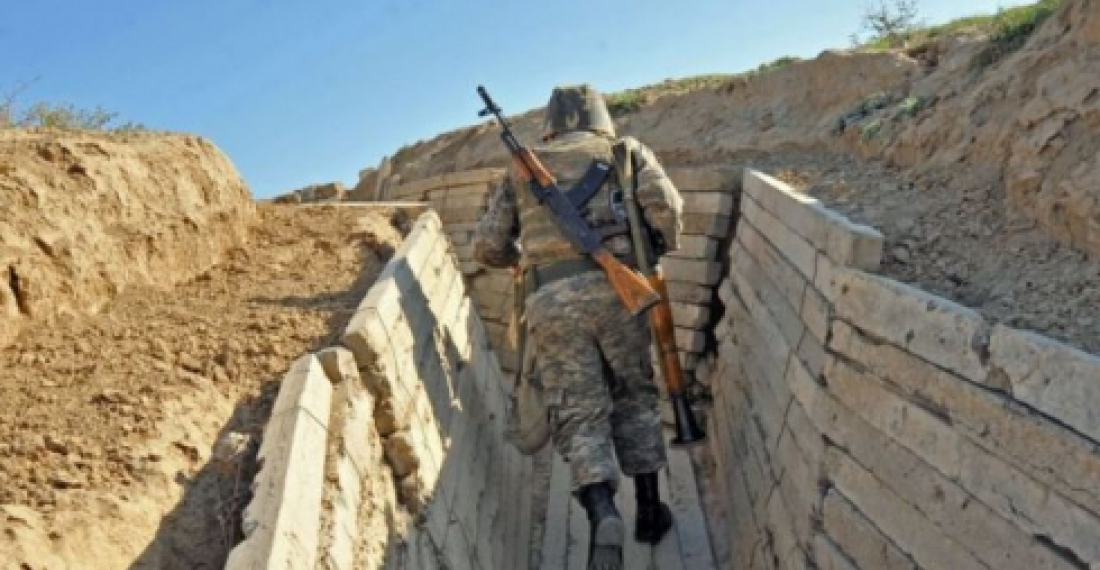Reports from the line of contact in the Karabakh conflict zone speak of on-going violations of the cease fire between Armenian and Azerbaijani forces starting on Friday 25 July until Monday morning. Both sides confirm incidents, but reports are confused and contradictory.
From the Azerbaijani side it was reported that, what was described as an Armenian diversionary group, had attempted to breach the line of contact and was rebuffed by Azerbaijani troops. In the incident it was claimed that five Armenian soldiers were killed and one Azerbaijani soldier died also. The Azerbaijani soldier was named as Feteliyev Eldar Sakhavet. He was decorated posthumously and buried with military honours. The Azerbaijani Defence Ministry angrily refuted reports that first appeared in the Armenian media but were later reported also by some Azerbaijani media, that many Azerbaijani soldiers were injured when the troops were encircled by Armenian forces.
The Armenian side also reports many violations of the ceasefire over the weekend, including the use of heavy weapons. However there were no reports of casualties on the Armenian side.
Despite the contradictory information coming from the two sides this appears to have been the worst weekend for incidents in the Karabakh conflict zone since March. It started hours after the co-Chair of the OSCE Minsk Process ended their latest visit to the region. A statement by the three diplomats, representing France, Russia and the United States issued before the latest incidents said:
"During our visit to Yerevan and Baku, we noted recent high-level meetings and discussed with each President current proposals to advance negotiations towards a lasting settlement of the Nagorno-Karabakh conflict. We welcomed the readiness of the Presidents to meet each other later this year, and they instructed their Foreign Ministers to continue their work with the Co-Chairs on an agenda for the presidential summit.
We also welcomed the period of relative stability along the Line of Contact and Armenia-Azerbaijan border that coincided with major international events in both countries over the last several months. However, we are concerned about the recent rise in tensions, and we urged the Presidents to avoid a deadly escalation of violence and take all measures to adhere strictly to the ceasefire."
Commonspace.eu political editor said in a comment that "the incidents of this weekend can be the start of an anticipated long hot summer on the Karabakh line of contact. There does not seem to have been enough progress in the negotiations over the reasonably quiet Spring months, and, as has often happened in the past, the sides may decide to vent their frustration by creating conditions for incidents, such as we have seen over the weekend, to take place. There is a risk that the coming weeks will see more incidents,and the use of new weaponary, as the sides take the opportunity of good weather to test some of the new equipment that they have recently acquired."
source: commonspace.eu







